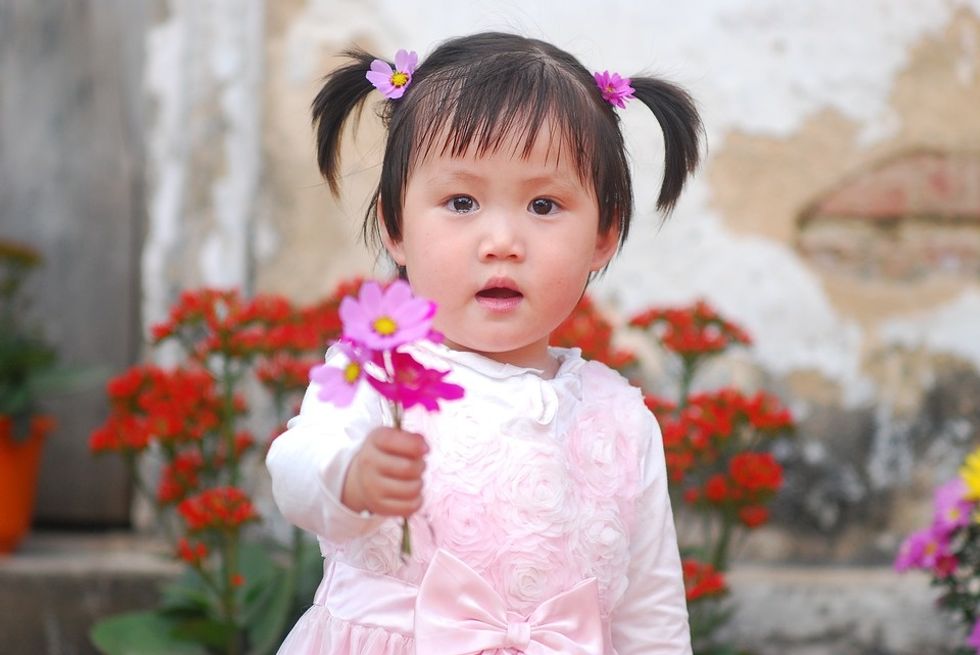Often times when I tell people that I'm adopted, they would think "abandonment issues". Most people who don't understand what adoption means for a child often connect the two without knowing the psychological effect that adoption has on children. The known problems an adopted child has are often gathered up under "abandonment issues" and tossed underneath a bridge. It's frustrating as an adoptee to have my issues belittled and yet despite needing to deal with these problems alone, I found strength in my weaknesses.
My parents are friends with other adults who have adopted children and therefore I have been surrounded by adoptees most of my life. As I grew up beside them, I noticed some significant similarities between us all despite being completely different people. We were all desperately reaching for connections and relationships that had a toxic backlash. A girl in the group had met someone online and left her home and parents behind to live with him on a boat in the middle of nowhere. A boy in the group had become a player and a druggie with a DUI on his record at age seventeen. Another girl hasn't spoken a word to her adoptive father in years due to a falling out they had. I had reached out to the wrong people at a young age and ended up being in an abusive relationship for months. These are just a few of the many examples of a group of adopted children having issues with forming a stable connection. Coincidence? I don't think so.
I began to compare the feelings and relationships of adoptees and biological children. 12-14% of adopted children in the US are diagnosed with a mental health disorder each year and are twice as likely to suffer from mood disorders. Gender also has a strong influence on how the child would cope with certain things. Women tend to be more emotional and actively seek relationships and connections. Men are more likely to internalize their feelings or ignore them. (Not always though, it depends on the person).
This information makes logical and psychological sense. When a child is abandoned they would reach out and long for a connection whether it be good or bad, toxic or healthy, or even genuine or not. Unfortunately, from the stories and experiences I have heard about, they are mostly the latter of those choices. It's sad but a very legitimate reality that most adoptees go through and they're often swept under the rug. However, I don't think this is intentional by most people. No one really stops and thinks, "Huh, I wonder what it's like to be adopted." If you do... Good on you. I've never met anyone who has done that so you're one in a million.
So what should society do about these issues? Send the kids to therapy and hope for the best?
To be honest, I'm not sure if there is a correct answer to this problem. My philosophy is that people need to learn on their own from their mistakes. Therapy can help, of course, but it can't fix everything. The best way to understand adoptees is to talk to them. Judging someone from their origins isn't going to lead anywhere. Pushing their problems aside and lumping them together will only cause the adoptee more difficulties in learning how to handle their feelings. Coming together and trying to understand each other is the best possible solution, not just for adopted children, but for the social climate now in general.
Hopefully, we will all come together for a positive outlook soon enough, but for now, all we can do is try to understand.




















